Volvo Group in partnership with Brakes India launched the first green engine castings. Ashish Bhatia with inputs from Raghul Krishnan looks at the strategy to supply India make and developed castings, globally for select Volvo engines.
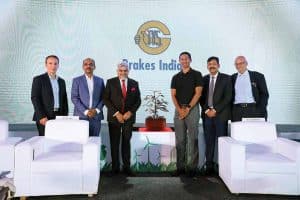 Volvo Group in India together with Brakes India has launched the first green engine castings. The green engine castings will include bearing caps, bearing housing, anchorage and exhaust manifolds developed and made in India by Brakes India. These will be redirected to select Volvo Group engines, globally. Speaking at the landmark launch event held at Naidupeta, Tirupati, in Andhra Pradesh, Kamal Bali, President and Managing Director, Volvo Group committed to becoming a climate-neutral company by 2040. To give a backdrop of the new development, he cited the re-look at the Volvo supply chain and global suppliers based out of India. Bali drew attention to India being the key procurement source for Volvo Group’s global casting requirements. “India is a home base for the Group and we not only ‘Make in India’, but also design, process, sell and source from India to the world. In line with our global sustainability targets and ambitions, we aim to create an environment that is safe and sustainable for future generations – while being immersed in advanced technology that goes into making world-leading commercial vehicles,” he stated. Bali opined green castings has the potential to kick-start a revolution in the casting manufacturing business for a sustainable future.
Volvo Group in India together with Brakes India has launched the first green engine castings. The green engine castings will include bearing caps, bearing housing, anchorage and exhaust manifolds developed and made in India by Brakes India. These will be redirected to select Volvo Group engines, globally. Speaking at the landmark launch event held at Naidupeta, Tirupati, in Andhra Pradesh, Kamal Bali, President and Managing Director, Volvo Group committed to becoming a climate-neutral company by 2040. To give a backdrop of the new development, he cited the re-look at the Volvo supply chain and global suppliers based out of India. Bali drew attention to India being the key procurement source for Volvo Group’s global casting requirements. “India is a home base for the Group and we not only ‘Make in India’, but also design, process, sell and source from India to the world. In line with our global sustainability targets and ambitions, we aim to create an environment that is safe and sustainable for future generations – while being immersed in advanced technology that goes into making world-leading commercial vehicles,” he stated. Bali opined green castings has the potential to kick-start a revolution in the casting manufacturing business for a sustainable future.
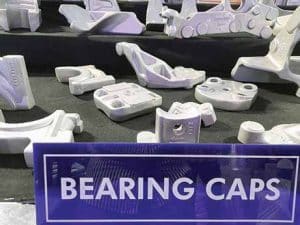 The commercial production of the green castings will begin in June 2022 itself. Through the full adoption of the green engine castings process, Volvo Group expects to give shape to a potential reduction in CO2 of up to 0.86 million tonnes at Volvo alone. This is expected to amount to 210 million tonnes for the industry across global foundries. A reason for the green castings to have been certified by the Confederation of Indian Industry (CII) – Green Products & Services Council.
The commercial production of the green castings will begin in June 2022 itself. Through the full adoption of the green engine castings process, Volvo Group expects to give shape to a potential reduction in CO2 of up to 0.86 million tonnes at Volvo alone. This is expected to amount to 210 million tonnes for the industry across global foundries. A reason for the green castings to have been certified by the Confederation of Indian Industry (CII) – Green Products & Services Council.
The Brakes India manufacturing process involves the elimination of toxic chemicals and elements and is claimed to have a zero carbon footprint. It makes use of minimal resources in a manner wherein products are recycled and reused and are topped with eco-friendly packaging. In the process, the company will utilise scrap alloys and raw materials that are 100 per cent radioactive materials free. It also entails recycling 100 per cent of the metallic scrap generated by other industries to be able to manufacture a usable product as the end output. At the plant level, operations will be 100 per cent green-powered from solar and wind energy to round off the green cycle. Special attention has been paid to eliminating the use of diesel with ‘Electric Ladle Preheater’ a unique solution from AFECO India. Explained Sriram Viji, Managing Director at Brakes India, it results in the elimination of pig iron, known to be produced in the blast furnace with coal. Added Bali, Volvo has developed a unique technology that helps to eliminate Pig Iron usage with the deployment of Zirconium-based inoculation, controlled chemistry and a specific charge ratio.
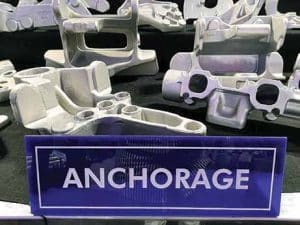 Green alternatives previously were known to include wet sand moulds. Here green is known to refer to the moisture content ahead of sand being dried out as a result of molten metal being poured into the mould. It is the clay that helps bind the moisture and the sand helping them stick together. Bentonite clay and sand mixed are said to provide strong moulds created on an automated assembly line. To give a perspective, ~42 per cent of cast parts in the USA make use of green sand moulds with no-bake coming in as a second-most economical choice at ~40 per cent. In the past though, critics have questioned the two choices on account of disadvantages like casting defects, a rough surface quality, bad casting dimensions or an unstable casting quality which are expected to be addressed by the new green castings from Volvo Group and Brakes India.
Green alternatives previously were known to include wet sand moulds. Here green is known to refer to the moisture content ahead of sand being dried out as a result of molten metal being poured into the mould. It is the clay that helps bind the moisture and the sand helping them stick together. Bentonite clay and sand mixed are said to provide strong moulds created on an automated assembly line. To give a perspective, ~42 per cent of cast parts in the USA make use of green sand moulds with no-bake coming in as a second-most economical choice at ~40 per cent. In the past though, critics have questioned the two choices on account of disadvantages like casting defects, a rough surface quality, bad casting dimensions or an unstable casting quality which are expected to be addressed by the new green castings from Volvo Group and Brakes India.
Notably, Brakes India started its journey with Volvo in 1998. Since then, it has been supplying gray iron, ductile iron, Si Mo and ADI to name a few. Supplying 18,000 tonnes per annum of fully machined, painted and assembled supply conditions, the parts weigh an estimated 0.75 kilograms up to 22 kilograms. These are known to be produced in vertical moulding lines and horizontal moulding lines. Brakes India ensures a consistent delivery precision and PPM of less than five. The manufacturer supplies to over 15 Volvo locations across the European Union and North America. It also supplies to several Volvo tier1 suppliers directly.


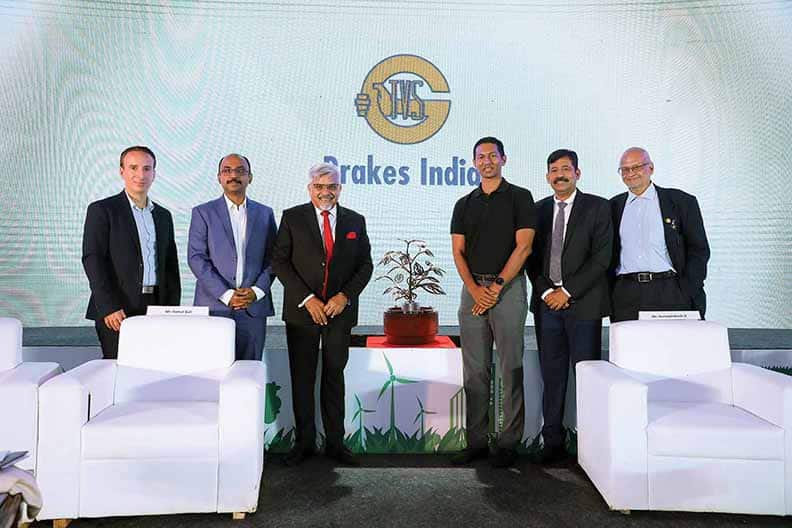

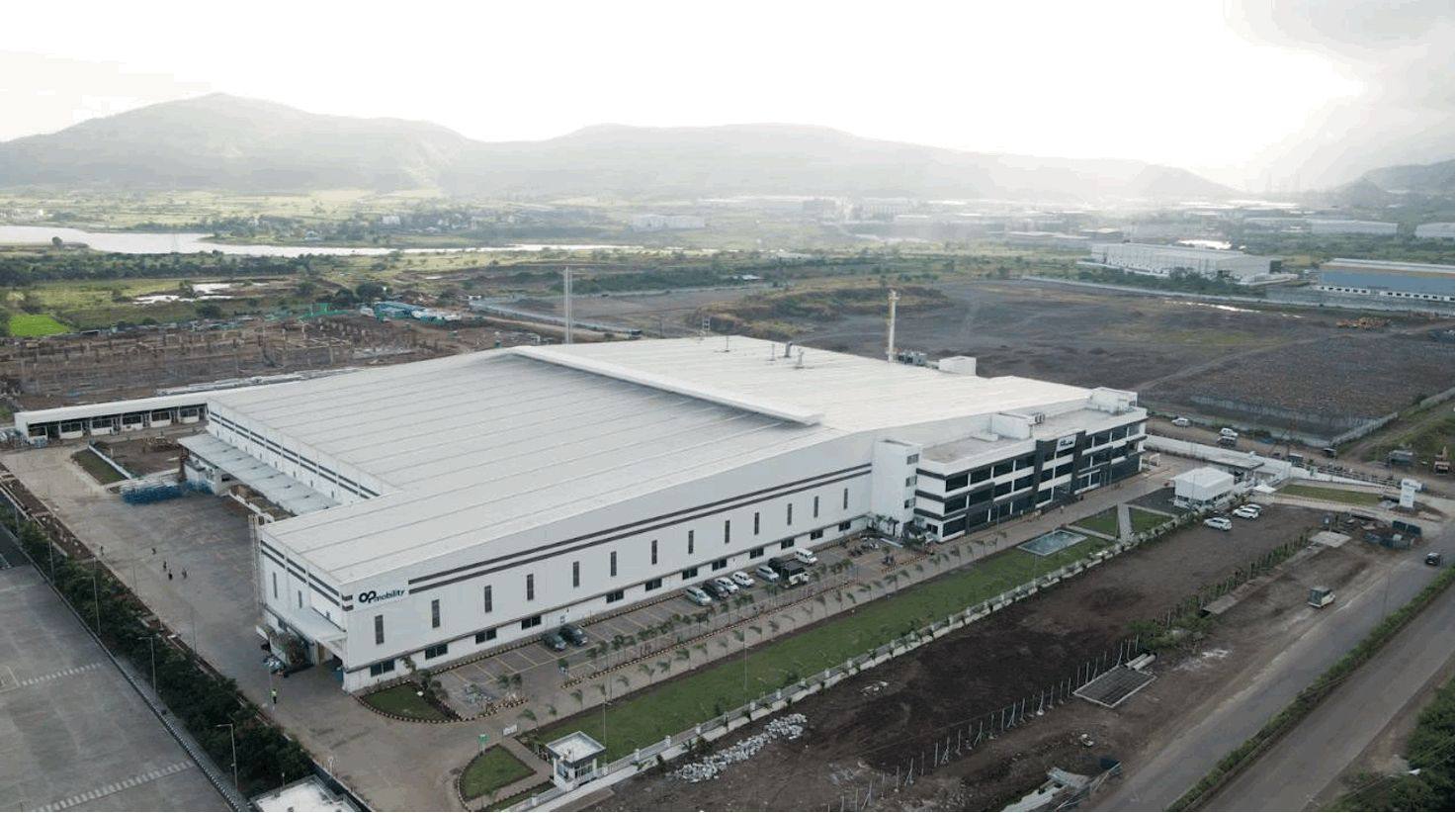
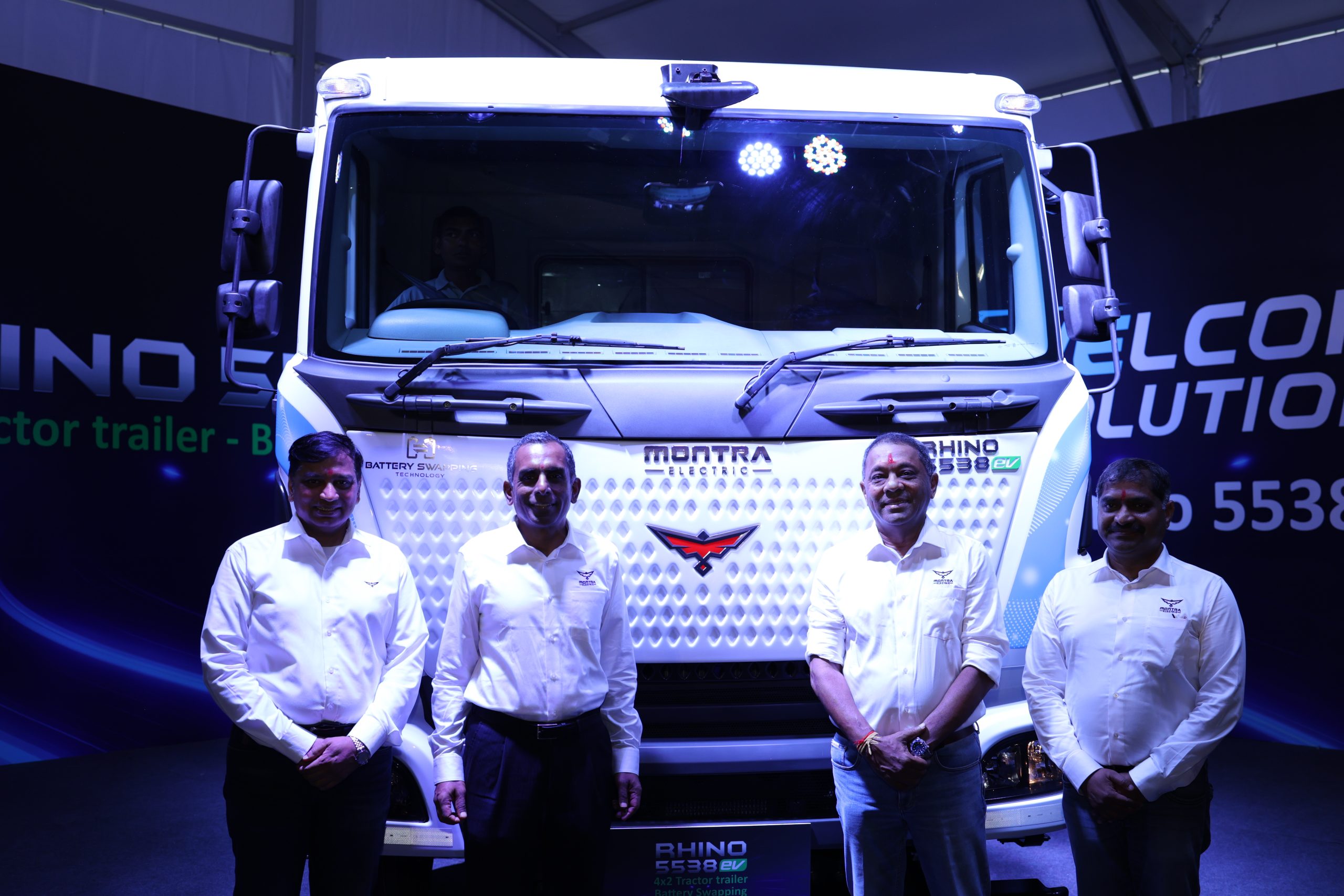
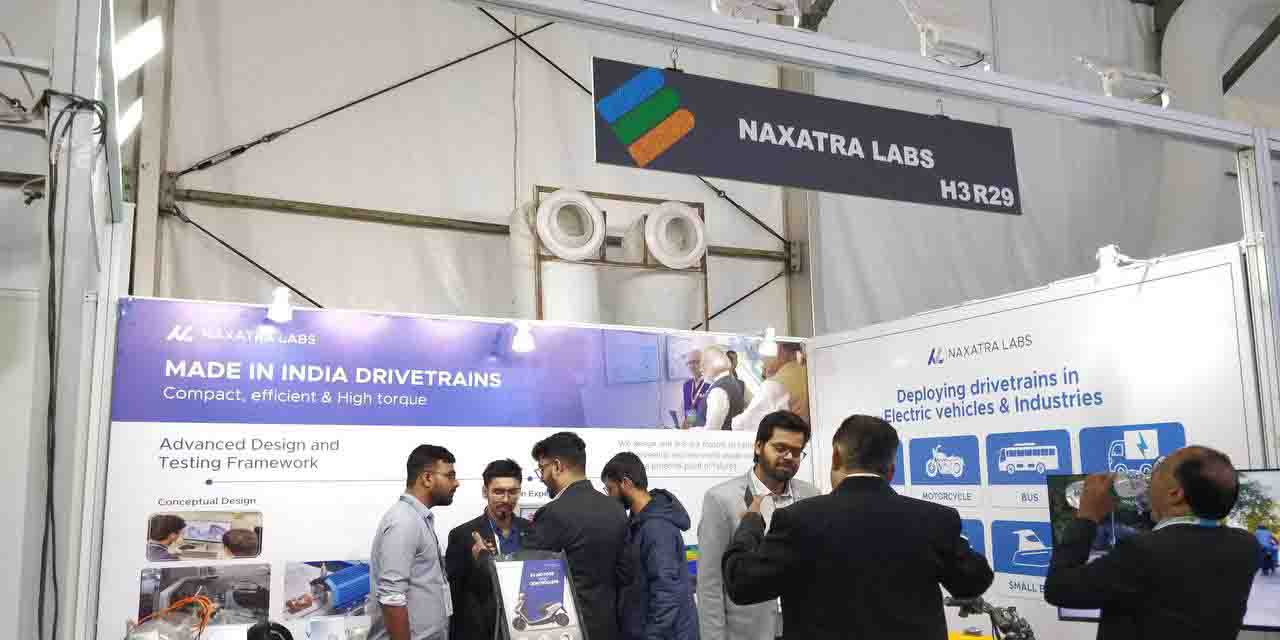
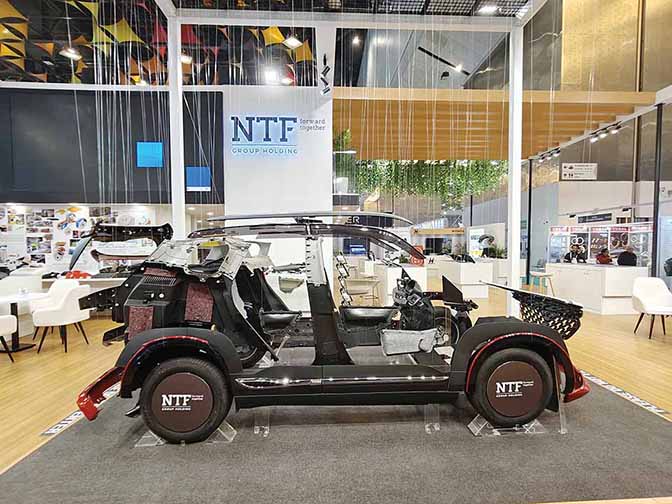
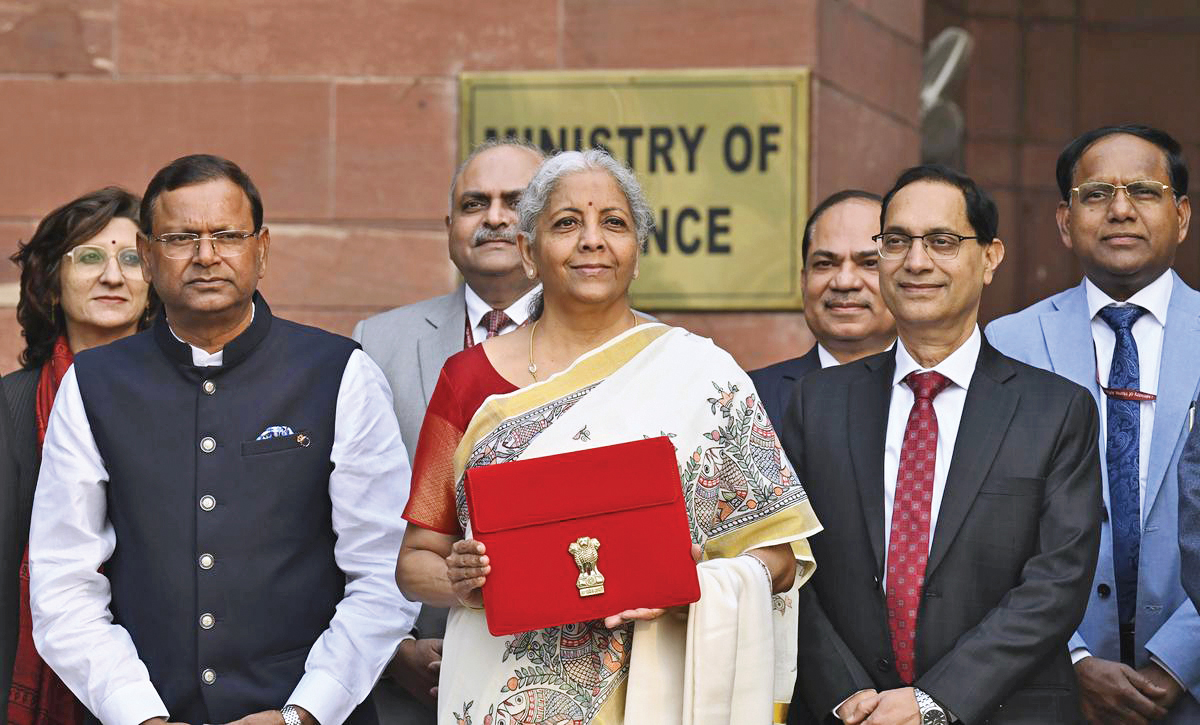




Leave a Reply